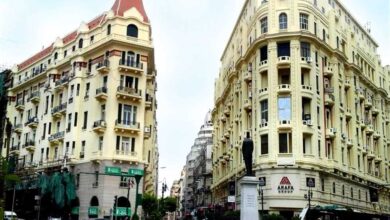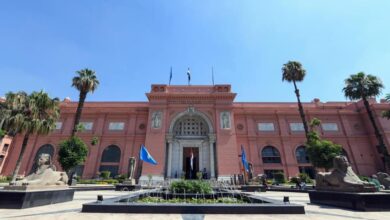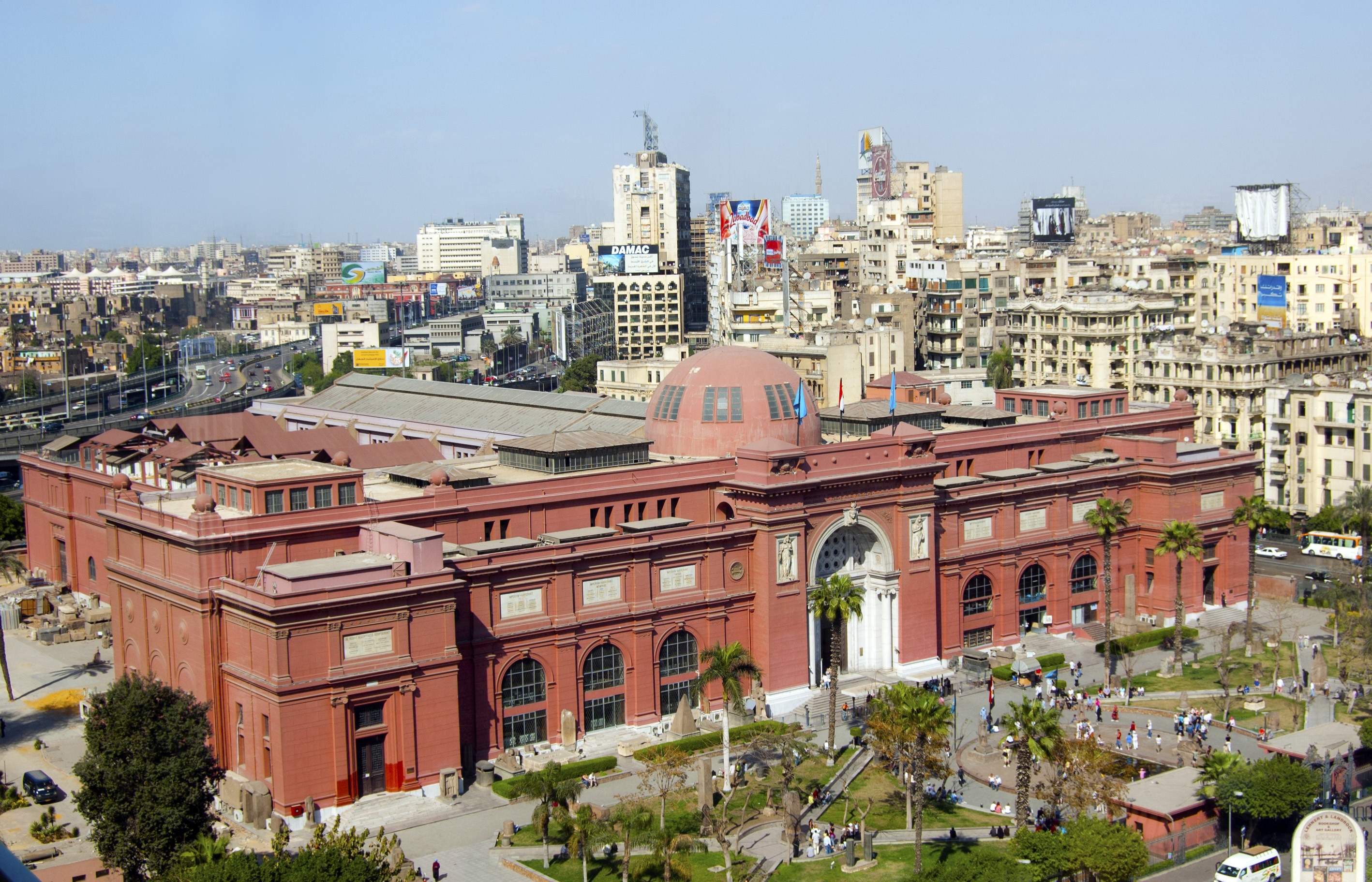I believe the presence of armed gangs and the incidents of rape at the peripheries of Tahrir Square represent a serious problem. I do not just sympathize with the victims: women and revolutionaries who were, and still are, subjected to wide-scale suppression or abuse. I am concerned about two issues; the first of them is building a revolutionary party capable of maintaining a link with protest spaces.
In established bourgeois democracies, parties are not required to have strict organizational forms or quasi-military units because their prime focus is political campaigning and elections, which are handled by experts and activists who form strategic and political-planning units. They are less in need of units to manage activity on the ground.
We, however, have a problem in this regard. We have a state of revolutionary mobility to which we relate through traditional political parties that have not seriously examined how to link themselves to this state of mobility and protest spaces in an organized manner.
The question is how to build a party that is capable of maintaining presence in the political sphere and in revolutionary spaces.
The second issue concerns the relationship between political powers and protest spaces. This started to be problematic when political powers called for staging a sit-in in July 2011 against the then-ruling Supreme Council of the Armed Forces. That sit-in was not serious enough and gradually disintegrated, with the remaining protesters being subjected to all forms of violations until the sit-in was forcibly broken up.
Over the past two years, this scene has been repeated several times, whereby political powers would withdraw from protest spaces without announcing their pullout, leaving those who insisted on staying to face all forms of harassment and suppression.
Every time political powers call for a sit-in in Tahrir, the state authority withdraws from the square and then political powers withdraw later, allowing bolder, more radical, frustrated, violent, confrontational groups that have lost faith in the political process to thrive. As political powers relinquish the square, groups of vagrants, children and youth who see violence against the Interior Ministry as the only means to express their anger, sprout.
In the meantime, violent tendencies and incidents of harassment and rape rise in this uncontrolled space, where the kingdoms of poverty and fury can exercise all forms of violence, struggle and revenge away from the regulated city.
How are political powers addressing this issue?
Revolutionary and political powers undoubtedly regard protest spaces as liberated zones that they can use to pile pressure on the political authority to create a negotiating advantage. However, they have not taken protest spaces and their related challenges seriously.
Just after 25 January 2011, the 25 January Revolution Youth Coalition surfaced as the most prominent leader of protests, especially those carried out by the more radical currents. The group tried to advise the radical groups in Tahrir against closing the Mugamma administrative building in July 2011, but it failed because its attempts were only cursory and also because it did not seek to keep a strong presence in Tahrir. Controlling Tahrir required building a more coherent and organized structure.
Political powers called for a sit-in in November 2012 following the issuing of the 22 November constitutional declaration. But that sit-in, which continues until today and which came as a result of a fresh revolutionary uprising, has produced the current scene, with more violent and radical groups controlling Tahrir, defending their territory strongly and even testing their limits by blocking the 6th of October Bridge and the metro. Linked to this violence are incidents of bloody rapes and harassment in the vicinity of the square.
Today, it is quite impossible to tell the infiltrators from the revolutionaries.
Political powers do not see the need to keep a foot in Tahrir. This is not only a political choice, but also an organizational issue. How do they want to build their political organizations? Do they wish to limit their activity to the electoral political sphere? Or do they wish to build an organization capable of managing the conflicts on the ground, mobilizing the crowds and carrying out clear-cut roles in the mass movement?
Political powers cannot play a role in the revolutionary mobility without bolstering their capacities to undertake fieldwork. Their talk about being unable to secure Tahrir is understandable, for those nascent political organizations cannot be asked to fully control Tahrir.
However, they should have a vision on how to be present in Tahrir. The fact that revolutionary political parties are not doing this will cause them to have a weaker negotiating position with the political authority. Worse, it will produce a political sphere opposed to Tahrir, and perhaps even bestow legitimacy on quelling it.
Additionally, linking the political sphere to Tahrir will not be possible unless political powers become active players there and forge an interactive relationship with it.
Perhaps we attach too much importance to Tahrir. But it remains the epicenter of revolt and our first field test. This revolutionary kingdom is gradually abandoning politics for the sake of bloody confrontations with the regime. It expresses anger, deep social contradictions, running a thin line between struggle and crime, in a space that is increasingly attracting the margins of the city where all forms of adventure, lawlessness and challenge to authority are tested.
This free space needs the attention of political powers, which should have an eye on Tahrir and another on the presidential palace.
Tahrir is shouting for help. It is becoming a frightening expression of a severe social crisis — an increasingly radical, violent and hostile spot. Meanwhile, political powers are becoming more sluggish, security bodies more disintegrated, the political sphere more restricted and the political authority more hapless. So who dares to take the initiative — or the risk — to resolve this problem?
Akram Ismail is a columnist and member of the Socialist Popular Alliance Party.
This article was translated by Dina Zafer.
This piece was originally published in Egypt Independent's weekly print edition.




